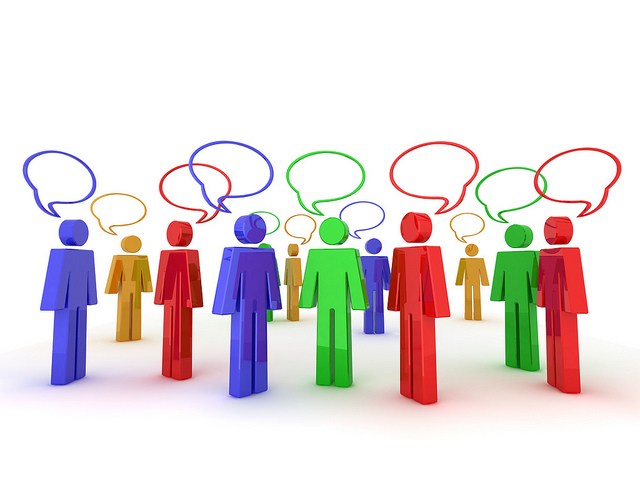A year in the life: The view from the OGP community

Happy Birthday OGP! One year older and growing bigger by the day. You have all seen the numbers: almost 60 countries, more than 300 commitments. Some teething problems, but processes and principles are almost in place. Is OGP ready to start delivering change on the ground? Is civil society ready to play its part?
Over the last two months we ran a civil society survey that over a 100 people from across the globe responded to. In summary: most of you – the respondents from the OGP community – are working for NGOs that are working on your countries favourite commitmentOGP commitments are promises for reform co-created by governments and civil society and submitted as part of an action plan. Commitments typically include a description of the problem, concrete action... areas and are hoping that OGP will leverage the transparencyAccording to OGP’s Articles of Governance, transparency occurs when “government-held information (including on activities and decisions) is open, comprehensive, timely, freely available to the pub... More and accountability work in your countries. You found the consultation process not good, nor bad, yet agree that more actors – from government and civil society – should be involved and that a more structured process of collaboration would be helpful. You are mildly positive about the commitments delivered, but do think important ones are missing. You see OGP as a positive force in your country and – knowing the context and players best – are best equipped to generate change in your own country. The added value you expect me to bring is primarily access to experiences, cases and knowledge on issues of open government and on the OGP mechanism itself. In return you are very willing to support me and the Steering CommitteeThe Steering Committee is OGP’s executive decision-making body. Its role is to develop, promote and safeguard OGP’s values, principles and interests; establish OGP’s core ideas, policies, and ru... in shaping OGP further, by giving advice, hosting interns, building communication platforms. But primarily by collecting and sharing your own knowledge, cases and experiences.
You are most keen to get access to information and knowledge through online channels (73.3%). That was to be expected, and saves us all some carbon for physical meetings. Getting that right however is a challenge in itself! Webinars on topics and tactics scores 64%. When asked what you want to learn about you said the following: successful consultations, social media & advocacy, the IRM, other multi-lateral initiatives. The coming months we will try to make a match between the suggestions you made for learning about and the offers you made to teach others.
Based on that we will set a timeline for a series of webinars. You also had some good suggestions for the London meeting in the second half of 2013. For sure you want a more dynamic programme, crowd-sourced and with space for real interaction and less talk-shop. You want us to discuss how to make sure countries deliver on the commitments and the principles of OGP, how to set minimum standards. You want to have enough time to prepare, so that we have the most value from the meeting itself (homework upfront). You want space to learn from each other. You want less marketing and more action. And you want to be inspired. If we can get all of that I think we will have a great meeting!
Looking ahead to London 2013 is a nice way to show what lies ahead of us. The last 12 months we designed this great new tool to make the world a better place. With enthusiasm we embraced the options it offers. The rich answers to the Big Civil Society Survey are a reminder to ourselves, to the members of the Steering Committee – and last but not least the governments of the OGP member countries – that it really is time to deliver. London 2013 will be an excellent moment to check in and see where we are with making OGP into something real.
The article is an extract from Paul Maassen’s summary on the OGP survey. Full versions of this summary are available in English and Spanish. The data results are also available in Spanish and full data sets are available upon request.
Image credit: Community chatting by Administrador Galeria Uninter via Flickr
